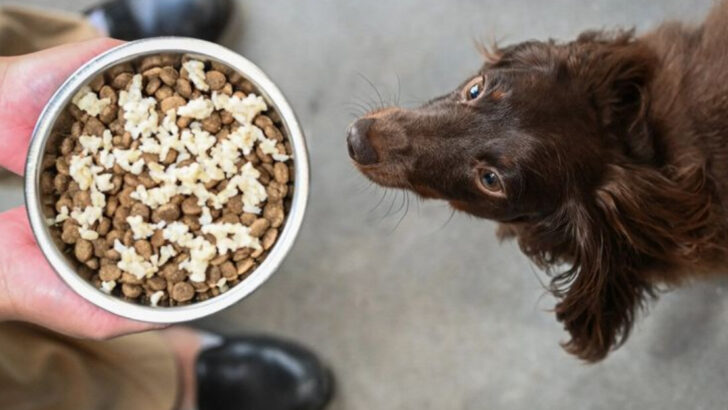If you wouldn’t eat it, why should your pet?
Behind those colorful kibble bags and “wholesome” claims lurk ingredients that make vets cringe—and not in a cute, kitten-y way.
We’re talking mystery meats, chemical preservatives, and filler so empty it might as well be flavored air. These aren’t just low-quality—they can mess with your pet’s health in ways you won’t see until it’s too late.
But don’t panic just yet. There are ingredients vets trust—simple, clean, real food that fuels energy, supports digestion, and keeps tails wagging.
Let’s pull back the curtain on what goes into that bowl. Your pet deserves better—and you’re about to find out what that really means.
Is your pet’s food helping… or slowly hurting?
Artificial Colors
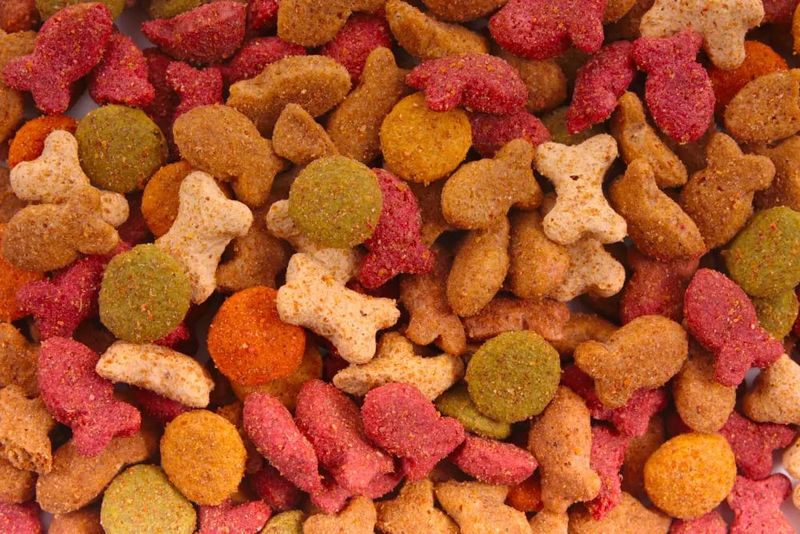
Brightly colored pet foods might appeal to humans, but they offer no nutritional value to pets. Artificial colors like Red 40 or Blue 2 can sometimes cause allergic reactions or hyperactivity in pets.
Although these colors make pet food visually appealing, they are unnecessary and can be harmful. Instead, opt for naturally colored foods that do not rely on synthetic dyes.
Consider this: Would you prioritize aesthetics over health when feeding your pet? Many pet foods use artificial colors purely for marketing purposes, ignoring potential health implications for your furry friends.
Corn Syrup
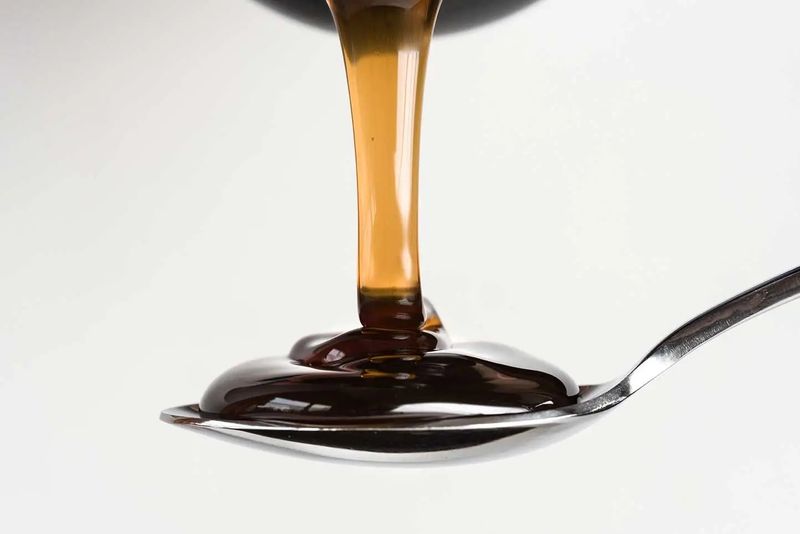
Corn syrup, a sweetener, is often added to pet food to enhance flavor. However, this ingredient can contribute to obesity and dental issues in pets. Much like in humans, excessive sugar isn’t ideal for our furry companions.
Pets with corn syrup in their diet may experience weight gain and the onset of metabolic diseases. Health-conscious pet owners should look for foods without added sugars or syrups.
A sweet treat for pets might seem harmless, but continuous consumption can lead to long-term health problems. Always check the label for unnecessary sweeteners.
Meat By-Products
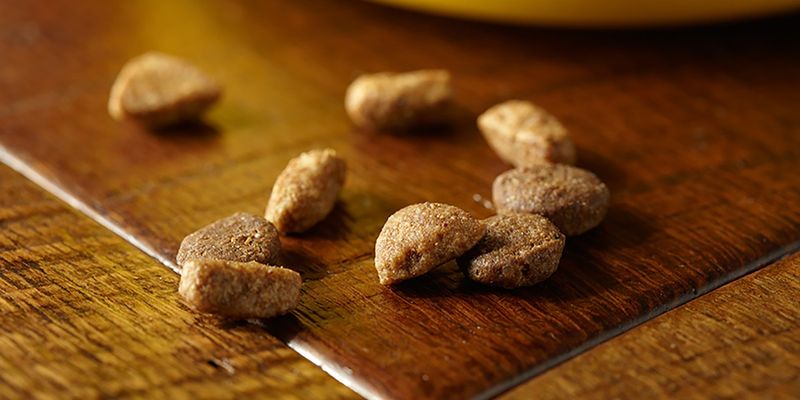
When it comes to pet food, not all meat is created equal. Meat by-products may include parts of animals not typically consumed by humans, such as organs or bones.
These ingredients can vary in quality and nutritional value. While they aren’t necessarily harmful, they are less desirable than whole meat ingredients.
For a higher quality diet, seek out foods that list specific meats like chicken or beef, rather than vague by-products. Your pet’s health deserves transparency in ingredients.
BHA/BHT Preservatives
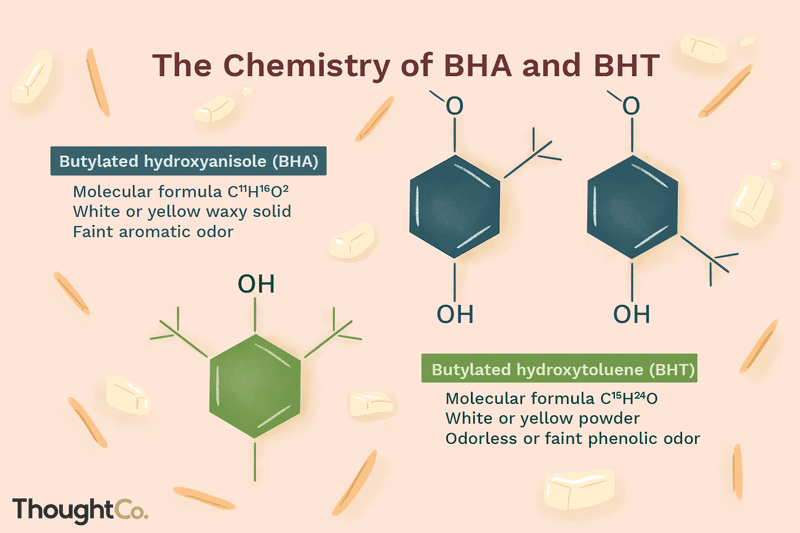
BHA and BHT are synthetic preservatives used to extend the shelf life of pet foods. However, these chemicals have been linked to potential health risks, including cancer in some studies.
While preserving freshness is crucial, there are natural alternatives available that are safer for pets.
Would you risk your pet’s health for extended freshness? Consider choosing foods that use natural preservatives like vitamin E or C instead. Your pet’s well-being should always come first.
Ethoxyquin
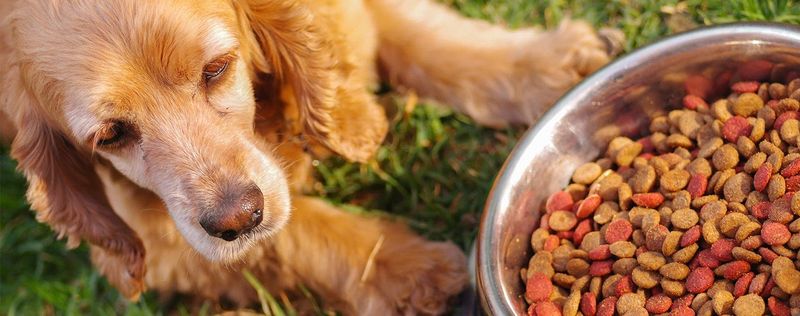
Ethoxyquin is a chemical preservative primarily used to prevent fat spoilage in pet foods. Originally developed as a pesticide, its presence in pet food is controversial.
Concerns arise due to potential links to liver and kidney damage in pets. As a responsible pet owner, scrutinize ingredient lists for this additive.
Opt for brands that avoid ethoxyquin in favor of natural preservatives. Your pet’s diet should reflect care and attention to health, free from dubious additives.
Propylene Glycol
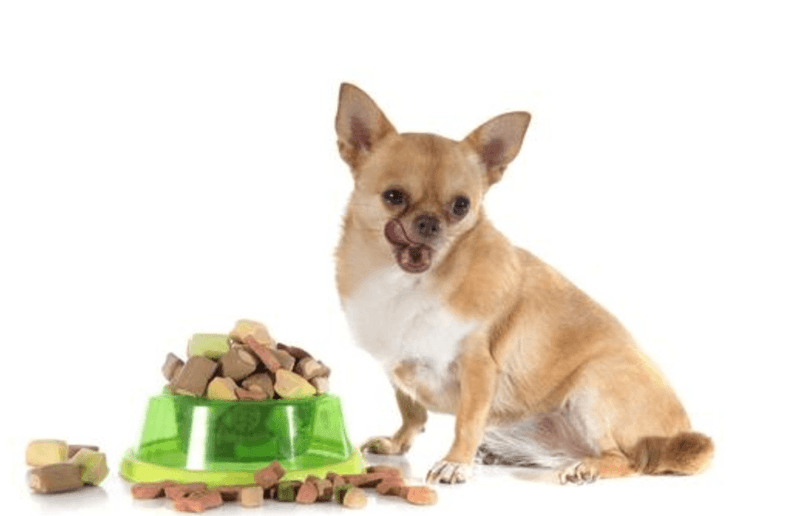
Propylene glycol is a chemical compound that helps maintain moisture in semi-moist pet foods. Alarmingly, it’s also a component of antifreeze.
While deemed safe in small quantities, its use in pet food raises concerns. Pets consuming such ingredients might face unnecessary health risks.
Look for healthier options that use natural ingredients to maintain moisture. The well-being of your pet should dictate the quality of their food, not industrial additives.
Rendered Fat
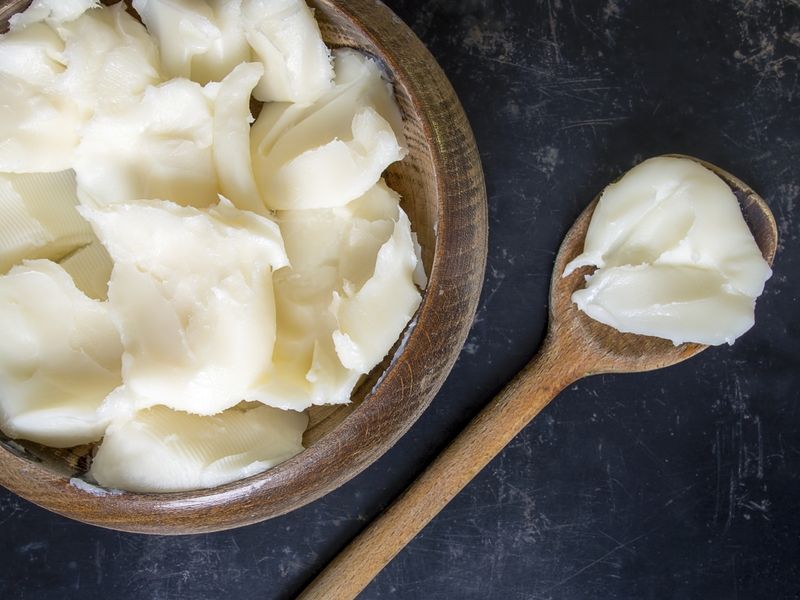
Rendered fat in pet food often acts as a flavoring agent. However, its quality can be questionable. This fat is made from animal by-products, which can include expired or low-grade meats.
Apart from the quality concerns, rendered fat can also harbor harmful microorganisms if not processed properly.
Select pet foods that use high-quality, named fat sources like chicken fat. Your pet deserves the best, free from nutritional compromises.
Animal Digest
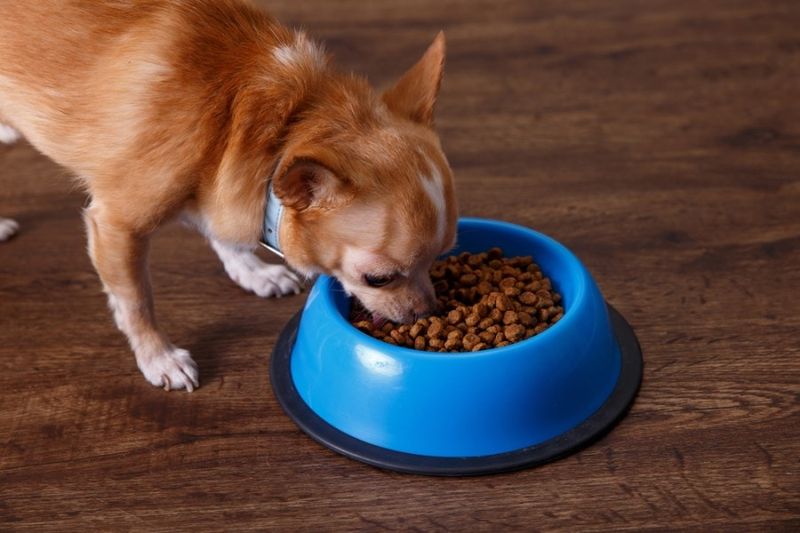
Animal digest is a flavoring made by chemically breaking down animal tissues. While it enhances palatability, the process and source can be dubious.
This ingredient may consist of unspecified animal parts, raising concerns about the quality and safety of what pets consume.
For peace of mind, choose pet foods with clearly defined ingredients. Knowing exactly what your pet eats is essential for their health and happiness.
Sodium Hexametaphosphate
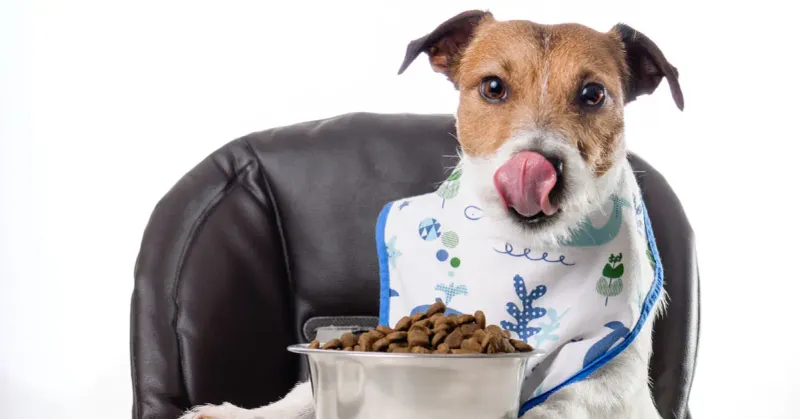
Sodium hexametaphosphate is used in pet foods to reduce tartar build-up on teeth. While it has dental benefits, its consumption over time poses potential health risks.
Some studies suggest links to kidney damage, prompting caution among pet owners. Dental health is vital, but not at the expense of overall well-being.
Seek alternatives that support dental hygiene naturally, ensuring comprehensive health care for your pet.
Cellulose
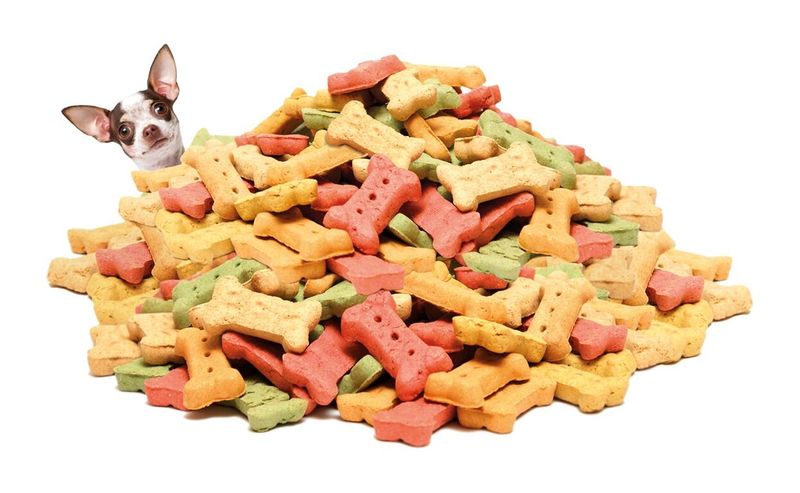
Cellulose, a plant fiber, is added to pet foods as a filler. While it increases fiber content, it’s not nutritionally beneficial.
Consuming large amounts can lead to digestive issues or reduced nutrient absorption. Prioritize foods with naturally occurring fiber sources like vegetables.
Ultimately, you should ensure your pet’s diet includes balanced nutrition rather than fillers. Their diet reflects the quality of care provided.
Blueberries
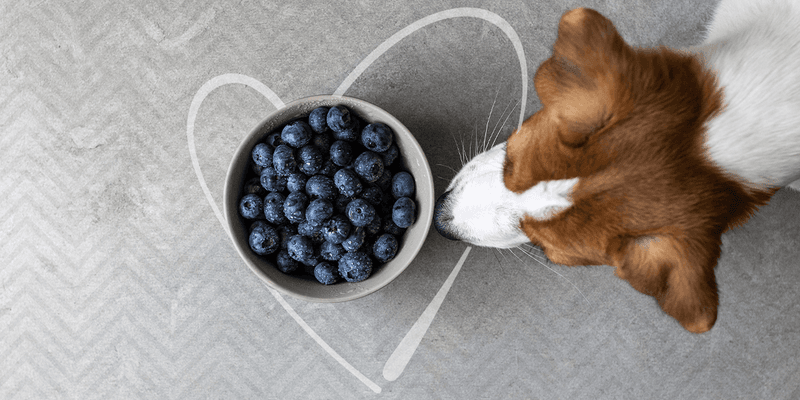
Blueberries are a vet-recommended ingredient due to their antioxidant properties. These small fruits pack a punch with vitamins C and K, supporting immune health.
Their natural sweetness adds flavor without harmful sugars, and they aid in maintaining a shiny coat.
Consider incorporating blueberries into your pet’s diet for a healthy treat. Your furry friend will enjoy the taste and benefits.
Sweet Potatoes
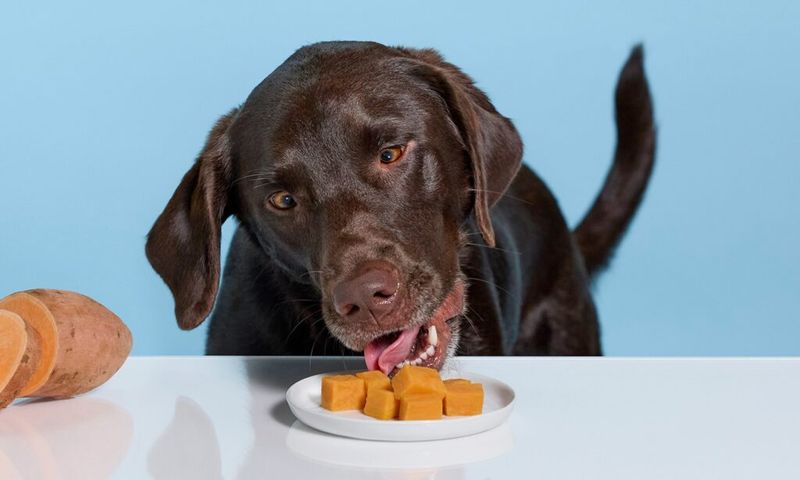
Sweet potatoes are favored for their nutritional richness. They provide dietary fiber, vitamin A, and beta-carotene, promoting digestive health and vision.
Unlike simple carbohydrates, they offer sustained energy release, keeping pets active and playful.
Including sweet potatoes can enhance your pet’s overall nutrition, making meals more enjoyable and beneficial.
Salmon

Salmon is praised for its high omega-3 fatty acid content, essential for skin and coat health. This fish also supports cardiovascular and cognitive functions.
Its protein content helps build strong muscles, making it a well-rounded choice for pet diets.
Integrating salmon into meals can significantly benefit your pet’s health, providing a delicious and nutritious option.
Pumpkin
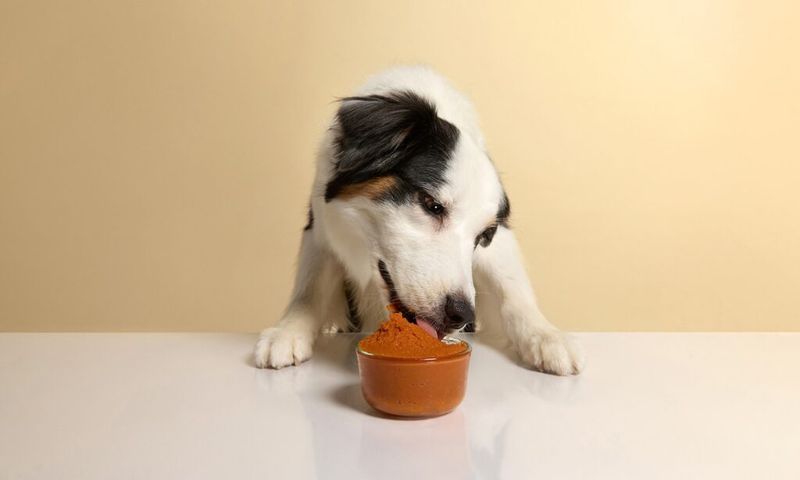
Pumpkin is a versatile ingredient known for aiding digestion. Its natural fiber content helps regulate bowel movements and prevent constipation.
Rich in vitamins and minerals, pumpkin supports immune function and overall health.
Adding pumpkin to your pet’s diet can improve digestive wellness, making it a staple for health-conscious pet owners.
Spinach
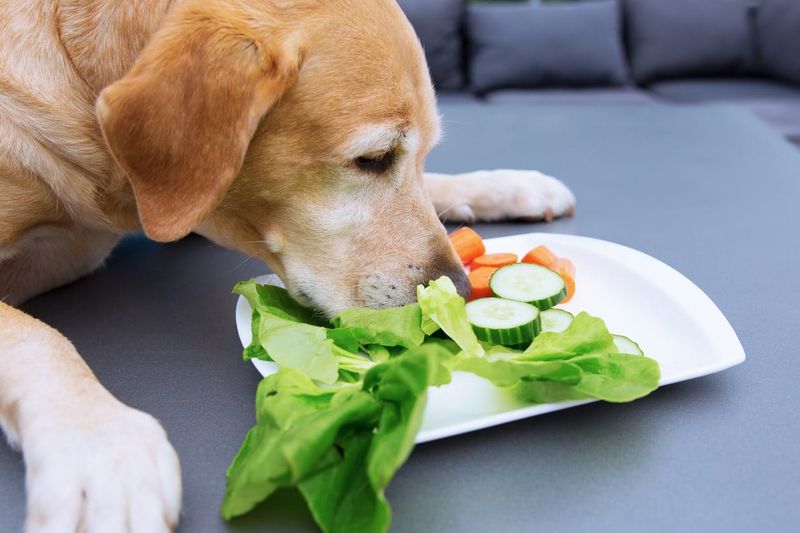
Spinach offers a powerhouse of nutrients, including iron, calcium, and vitamins A, C, and K. These contribute to strong bones and overall vitality in pets.
Its antioxidants help fight inflammation and boost the immune system, ensuring a healthy lifestyle.
Incorporate spinach into your pet’s meals for an extra nutrient boost. Its benefits are as green as its leaves.
Brown Rice

Brown rice is a wholesome grain providing essential carbohydrates for energy. Unlike refined grains, it retains more nutrients and fiber.
This ingredient supports digestive health and offers a slow energy release, perfect for active pets.
Including brown rice can round out your pet’s meal, offering a nutritious and satisfying option.

